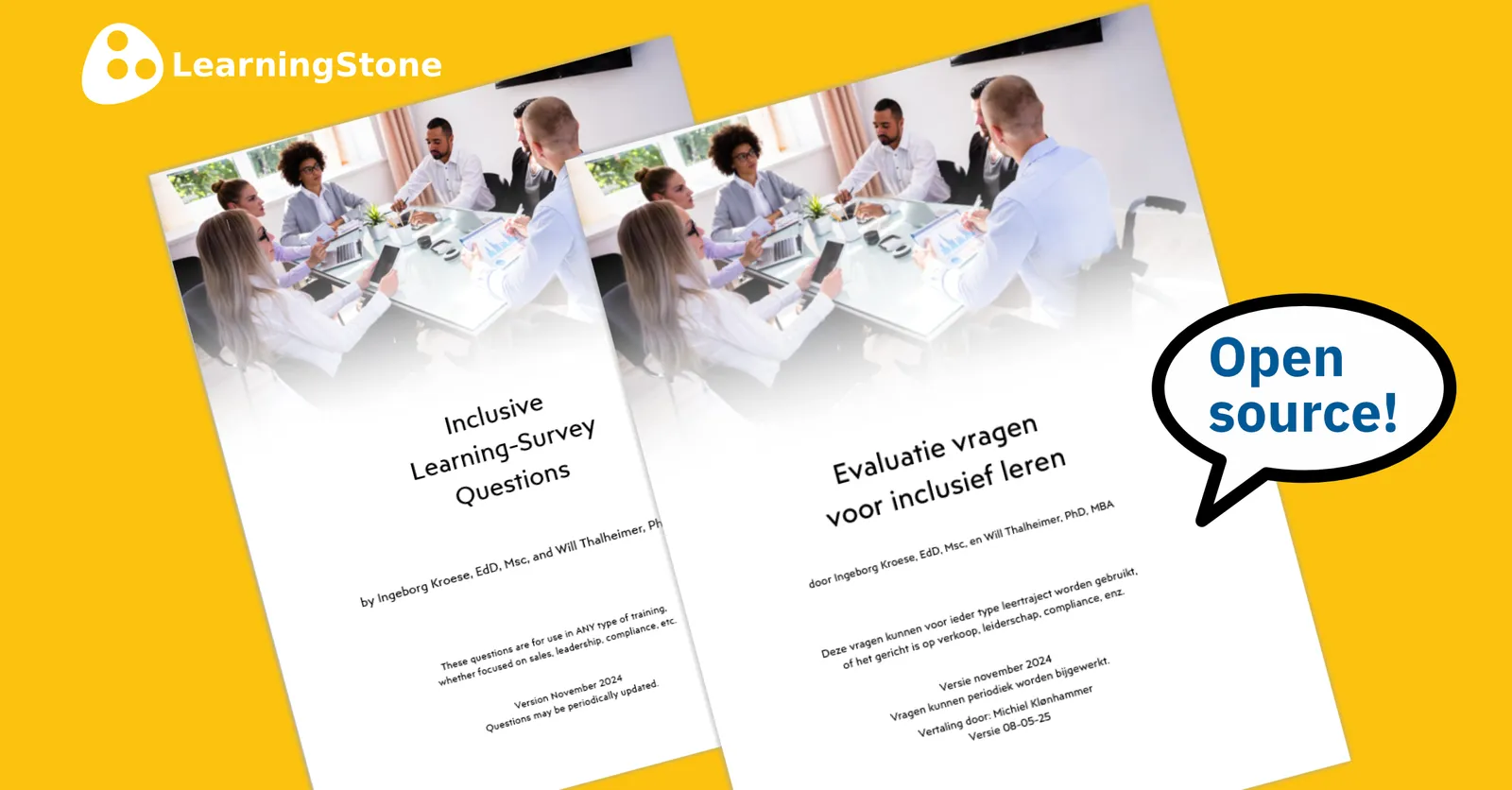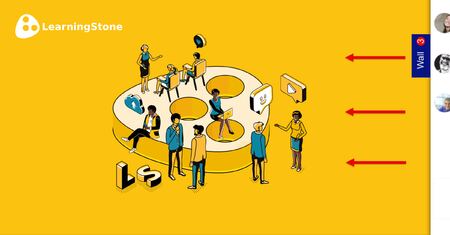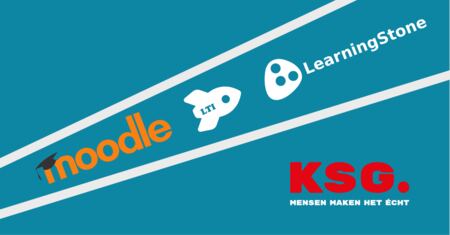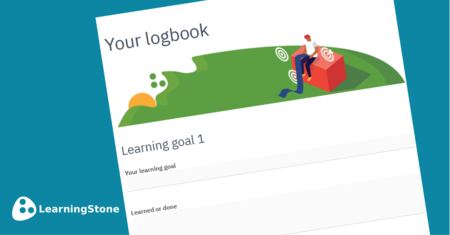
Inclusive Learning-survey questions

Have you ever walked into a training session and felt like you were the odd one out? Maybe the examples didn't quite land, or the activities just didn't resonate, or the material wasn’t accessible? That feeling highlights a crucial aspect of effective training: sensitivity to the diverse individuals who make up our audience. As learning designers and trainers, we all make mistakes when it comes to inclusion, so it’s good to evaluate how we’re doing. Writers and innovators Ingeborg Kroese and Will Thalheimer have been working on a set of questions that you can use for exactly that. At LearningStone we have translated them to Dutch for you to use.

Inclusive Learning-survey questions

In today's world, our training rooms are vibrant tapestries of different backgrounds, experiences, and needs. Ignoring this richness not only hinders learning but also creates an environment where some feel (or are) excluded and undervalued.
Speaking to this very point, Ingeborg Kroese and Will Thalheimer have published a valuable series of evaluation questions specifically designed to uncover the successes and failures in how well diversity, equity, inclusion, and accessibility are being supported within learning programs. They did so from the idea that while it is good to provide training on inclusion, it is also important to be inclusive in other training.
On the site “Inclusive Learning Survey” they have published the questions and an explanation of how to use them. At LearningStone and the new platform TalentMountain, we needed to develop a way to check how inclusive our work is. Of course you can’t think of everything, so what’s better than to ask! In doing so, the questions and especially the underlying thoughts came in handy.
We found that it’s not always easy to ask questions about this subject (where do you ask? When do you ask? How many questions?) so we appreciated the following points that Ingeborg Kroese and Will Thalheimer have made: You can’t ask everything at once, ask questions whenever it's convenient and understand that the questions “send messages”.
In our own words:
More information: inclusivelearningsurvey.org


LearningStone's “Wall” plays a central role in ongoing group communication, such as in blended training. In many cases, the wall is always visible and - if at all possible - we recommend this as it…

When KSG Trainers and Consultants approached LearningStone’s to help them combine Moodle and LearningStone for the NVWA (Netherlands Food and Consumer Product Safety Authority), we seized the…

It is always important for a trainer to apply the right instructional strategies or learning methods to stimulate learning and engage participants. In this blog, we focus on the "logbook," a strategy…